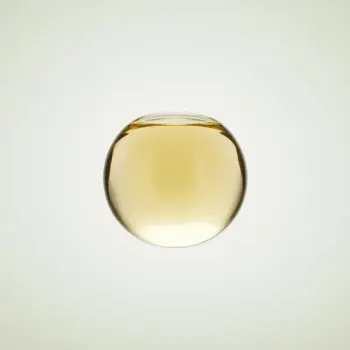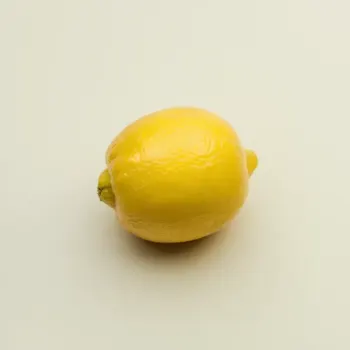White Wine vs Lemon Juice are culinary ingredients used to add acidity to dishes, with white wine offering complex flavors and alcohol-based tenderizing properties, and lemon juice providing a sharp, vitamin C-rich tartness. They can be used in seafood, salads, and marinades, sometimes interchangeably.

White wine is an alcoholic beverage made from fermented grapes or other fruits. The fermentation process involves the conversion of the sugars in the fruit into alcohol and carbon dioxide. White wine is known for its wide range of flavors, which can vary from dry to sweet, and its versatility in cooking, where it is often used to add depth and acidity to dishes.

Lemon juice is the liquid extract obtained from lemons, a citrus fruit known for its bright, acidic flavor. It is commonly used in cooking and baking to add a tartness to dishes and to balance out flavors. Lemon juice is also rich in vitamin C and is used both as a culinary ingredient and for its health benefits.
While both white wine and lemon juice are used to add acidity to dishes, they differ significantly in other aspects. White wine offers a complex flavor profile, including fruity, floral, and mineral notes, and its alcohol content can help to dissolve fats, which can enhance the flavors of a dish. Lemon juice, on the other hand, is much more straightforward in its sourness and is non-alcoholic. The source of their acidity also differs, with white wine being grape-based and lemon juice coming from citrus fruit.

Your ultimate Recipe Box, Meal Planner, and Cooking Class all in one
White wine is frequently used in seafood dishes such as steamed mussels, clams in white wine sauce, and fish poached in white wine. It complements the delicate flavors of seafood and can help to tenderize it. The alcohol also cooks off, leaving a rich flavor behind. Lemon juice is ideal for brightening up seafood dishes like grilled fish, shrimp scampi, and ceviche. It adds a zesty freshness and can also be used as a marinade to help break down proteins and add flavor to the seafood before cooking.
White wine can be used to create vinaigrettes and dressings for salads with fruits like pear or apple, adding a subtle fruitiness and depth. It pairs well with salads that feature cheese or nuts. Lemon juice is a common ingredient in many salad dressings, providing a clean and sharp acidity that works well with green salads, Greek salads, and dressings that include herbs and garlic. It's particularly refreshing in summer salads.
White wine can be used in marinades for poultry or pork, as it helps to tenderize the meat and infuse it with a rich and complex flavor profile. It's excellent in marinades for more subtle-flavored meats. Lemon juice is a staple in marinades for its ability to tenderize meat and add a punch of bright acidity. It works especially well with stronger-flavored meats like lamb or for creating a Mediterranean flavor profile.
White wine contains alcohol and calories from alcohol, while lemon juice is lower in calories and contains no alcohol.
| Nutrient | White Wine ( per 100ml ) | Lemon Juice ( per 100ml ) |
|---|---|---|
| Fat | 0g | 0.2g |
| Alcohol | 10g | 0g |
| Protein | 0.1g | 0.4g |
| Calories | 82 | 22 |
| Vitamin C | 0mg | 38.7mg |
| Carbohydrates | 2.6g | 6.9g |
White wine can be used as a substitute for lemon juice in some recipes, particularly where a mild acidity is desired. However, it will impart a different flavor and should be used judiciously.
Lemon juice has fewer calories and does not contain alcohol, making it a healthier option for those looking to reduce calorie or alcohol intake. It also provides vitamin C.
Yes, lemon juice can be used in place of white wine in marinades, especially for a sharper, more pronounced acidic flavor.
White wine is best used in sauces, as a deglazing liquid, in marinades, and to poach or braise foods, lending a complex flavor to dishes.
Cooking may reduce some of the vitamin C content in lemon juice, while the alcohol in white wine will cook off, leaving behind its flavor without the alcohol content.